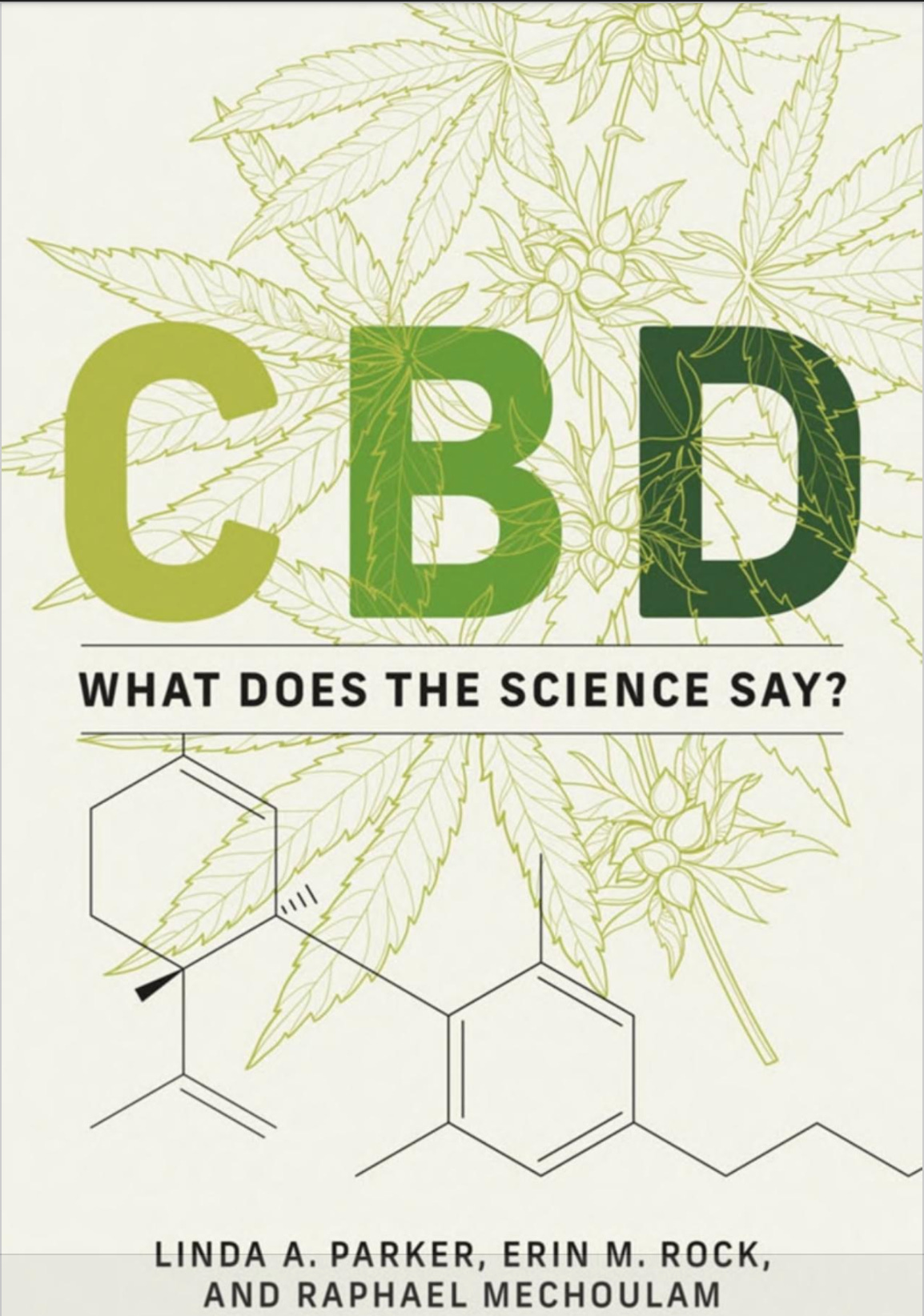CBD is everywhere these days, from lattes to pet treats, touted as a cure-all for everything from anxiety to chronic pain. But how much of this buzz is grounded in science? Beneath the flashy marketing lies a complex compound with centuries of medicinal history and a growing body of research.
The Green Table Talk Podcast: Kicking Off Our First Book Review Series
Subscribe now to explore a growing library of cannabis book reviews—more exciting insights coming your way soon!
The book CBD: What Does the Science Say? by Linda Parker, Erin Rock, and Raphael Mechoulam combs through the evidence behind CBD, bridging ancient practices and modern-day medicine. It’s a fascinating look at how CBD works, what we know so far, and what questions still linger. Let’s explore why this matters—and why it might change the way you think about health.
The Science Behind CBD
A Tale of Two Cannabinoids: CBD and THC come from the same plant, but their effects couldn’t be more different. Think of THC as the key that unlocks psychoactive effects, while CBD works subtly, engaging different receptors without the high.
Not Just a Trend: CBD has a deep history. Ancient Assyrians used cannabis for epilepsy, and today, Epidiolex, an FDA-approved CBD medication, offers hope for seizure disorders. It’s proof that CBD’s role in medicine isn’t a passing fad.
Your Brain on CBD: Research suggests that CBD might influence serotonin and other neurotransmitters, hinting at its potential for managing anxiety, depression, and even PTSD. However, robust human trials are needed to solidify these findings.
Promising Uses of CBD
Chronic Pain: CBD could interact with pain receptors and reduce inflammation, offering potential relief for conditions like arthritis or nerve pain. While early evidence is compelling, scientists emphasize the need for larger clinical trials.
PTSD and Memory: CBD’s ability to modulate memory reconsolidation—the process of recalling and reshaping memories—might help reduce the intensity of traumatic experiences. It’s an exciting but still experimental avenue.
Addiction: Early studies suggest CBD might help curb cravings for substances like opioids or nicotine. If confirmed, it could represent a groundbreaking tool for addiction treatment.
Sleep: Here’s where things get murky. CBD might help with sleep—but only at the right dose. Low doses can be stimulating, while higher doses might promote relaxation. The “Goldilocks zone” is real but not well understood yet.
What to Watch Out For
Side Effects: Natural doesn’t mean harmless. CBD can cause dry mouth, diarrhea, or appetite changes, and in rare cases, it might affect liver health.
Drug Interactions: CBD can alter how your body processes medications. If you’re taking prescription drugs, consult a doctor before adding CBD to your routine.
Quality Control: The CBD market is like the Wild West. Seek products with third-party lab testing to ensure they’re free from contaminants and labeled accurately.
Bottom Line
To no one’s surprise, CBD is not a miracle cure, but it’s not snake oil either. It’s a complex compound with exciting potential—and just as many unanswered questions. For now, the best approach is a balanced one: stay curious, ask questions, and prioritize products backed by science and transparency.
As the research unfolds, one thing is clear: CBD has carved out its place in the modern wellness conversation, and it’s here to stay. Whether it’s anxiety, chronic pain, or something as surprising as PTSD, CBD’s story is just beginning.
So, what’s your takeaway? If CBD represents the future of medicine, perhaps the next question is how we choose to write the next chapter.
Why Now?
In an age where wellness trends dominate headlines, CBD’s rise is more than marketing. Its potential to address a range of health concerns—from mental health to chronic pain—reflects a broader shift toward alternative therapies. As science catches up with public interest, understanding CBD becomes not just relevant but essential. Particularly in the existing legal framework, CBD has the power to support millions with benefit that THC, as a federally scheduled substance, cannot.
Stay curious, stay informed, and as always, consult a professional when exploring new treatments.
Related Posts on Doctor Approved Cannabis:

















Share this post